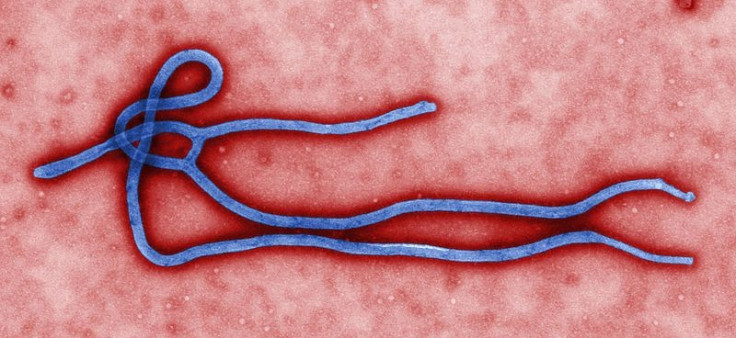Uganda Ebola Outbreak Scares Tourists away
Fledgling eco-tourism industry hit by fresh outbreak of Ebola that has already claimed 16 lives

An Ebola outbreak that has killed 16 people has hit Uganda's growing tourism industry hard as more Western travellers stay away to avoid catching the potentially fatal disease.
The affected area of Kibaale, whose national park is home to Uganda's unique mountain gorilla, is a popular tourist destination for nature lovers and scientists alike.
On the Ugandan government website, a statement says: "The World Health Organistion has issued a statement confirming that the disease is being contained. There is therefore no need for panic among Ugandans and visitors to the country."
The tourism board confirmed there had been cancellations but no figures were available.
"The situation is under close control and Uganda is still safe," said a tourist board spokesperson.
But Amos Wekesa, a Ugandan tour operator, said of the rise in cancellations: "We are talking about millions of dollars here. If the government does nothing in terms of damage control, a lot of jobs are going to be on the line.
"The outbreak's timing is especially damaging because the peak visiting season is in August," said Cuthbert Baguma, head of Uganda's tourism marketing agency.
Uganda has already been struggling to reassure tourists that fighting in neighbouring DR Congo will not have an effect on their safety.
20 days to contain Ebola
An isolation centre has been set up at Kagadi Hospital in Kibaale, said the ministry of health.
According to surgeon Giuseppe Braghieri, who operated in Uganda between 2004 and 2009 as project manager for the Italian development and cooperation directorate-general, the epidemic will take 15 to 20 days to get under control.
"In case of an highly virulent strain the mortality rate is around 70-80% and the disease burn itself out quickly. The virus is known and recently developed detection and monitoring systems, together with the supporting schemes run by the World Health Organisation (WHO), are effective and able to contain the disease," he said.
The Ebola virus has been a constant presence in thinly populated forest areas, he said. It spreads by guerrillas hiding in the firest coming into contact with villages, he said.
The virus is highly contagious - it can be passed on just sneezing - Braghieri's only advice to people in the area is to avoid any contact with infected areas.
According to the WHO the virus has spread to the Ugandan capital, Kampala. In an effort to avoid it spreading through the densely populated city, President Yoweri Museveni has urged people to avoid physical contact, even refraining from sex and handshakes.
In 2000, Ebola claimed the lives of more than 200 people in Uganda.
© Copyright IBTimes 2025. All rights reserved.






















